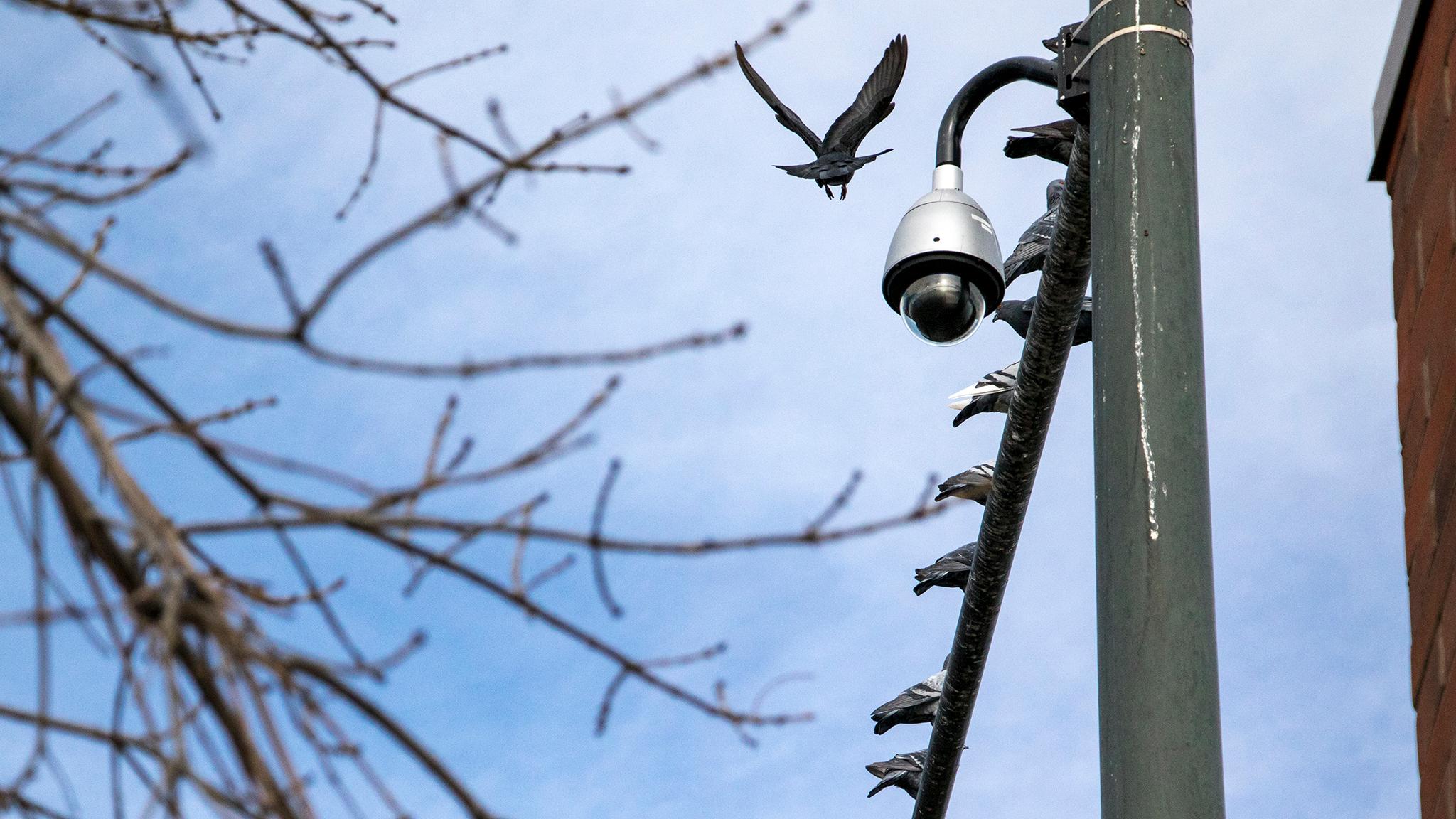Connor Swatling doesn't want Big Brother watching you.
The Denver resident has introduced a ballot measure banning the Denver Police Department and every other city entity from using facial recognition technology for law enforcement purposes.
DPD does not currently use the technology, department spokesperson Sonny Jackson said. He added that the department does not use local or national databases that use the tech. Denver Police does operate more than 250 "HALO" cameras, but Jackson said those don't have facial recognition capabilities.
Swatling's initiated ordinance will need to receive more than 8,000 valid signatures to have the question appear before voters for the 2020 election.
He's already launched a website for his campaign: 5280not1984.com.
A systems analyst, Swatling said he's modeling this measure after a facial recognition ban passed by the Somerville City Council in Massachusetts in June.
Swatling said he's not necessarily approaching the issue on privacy grounds, but more on moral and pragmatic grounds. Calling himself an independent, he believes he can get support from members of both major parties.
"I respect law enforcement, they have a hard job," Swatling said. "We should definitely try to make their job easier. But this doesn't do that. It doesn't help them. It's hard to integrate, it's vulnerable, it's open to abuse and it doesn't work well (for) its stated purpose."

Swatling said he takes issue with the underlying technology behind facial recognition software, called a neural network, because it is biased, citing a study from MIT and Stanford released last year.
The study found three commercial facial-analysis programs showed skin-type and gender bias, according to an article from MIT. Researchers found the programs showed "error rates for gender classification (that) were consistently higher for females than they were for males, and for darker-skinned subjects than for lighter-skinned subjects."
"That creates the possibility for more systemic issues, which creates a more difficult job for DPD," Swatling said.
The topic has surfaced internationally, with Chinese companies going all in on the tech. On the national political scene, Democratic presidential hopeful Sen. Bernie Sanders suggested it should be banned.
Denver would be an early adopter of the preemptive ban. Similar prohibitions were enacted in San Francisco and Oakland this year. Cambridge Mayor Marc C. McGovern confirmed to Denverite that the Massachusetts city is also considering a ban. McGovern said the measure there would amend an existing law.
Denise Maes, Public Policy Director for the ACLU of Colorado, said Wednesday there are no state laws precluding facial recognition technology from being used. The organization supported the efforts in the two California cities.
"The reason why we oppose this type of technology is because it can be used for general and suspicionless surveillance. That's the real problem," Maes said. "I think that kind of surveillance can chill certain actions and certain things that you would do normally."
As part of the initiated ordinance process, Swatling is scheduled to attend a review and comment meeting with city staff on Sept. 11. The next step is a sample petition for Denver Elections to review. Once officials sign off on the sample language, Swatling will have 180 days to collect signatures, according to Denver Elections spokesperson Alton Dillard.













